#i wish drag or gender nonconformity was more acceptable because there's such beauty to be found there
Explore tagged Tumblr posts
Text


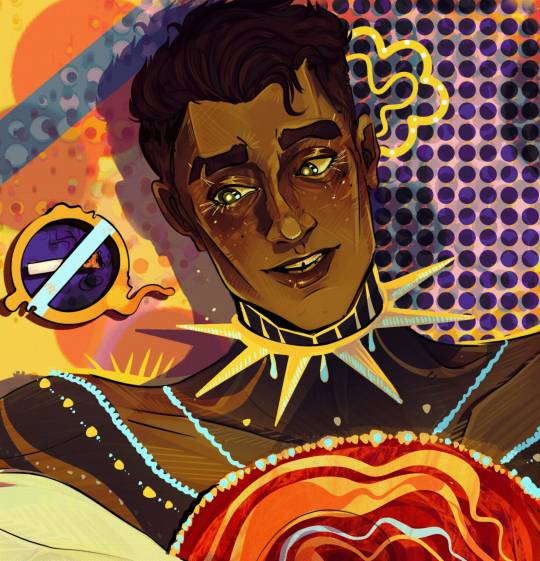
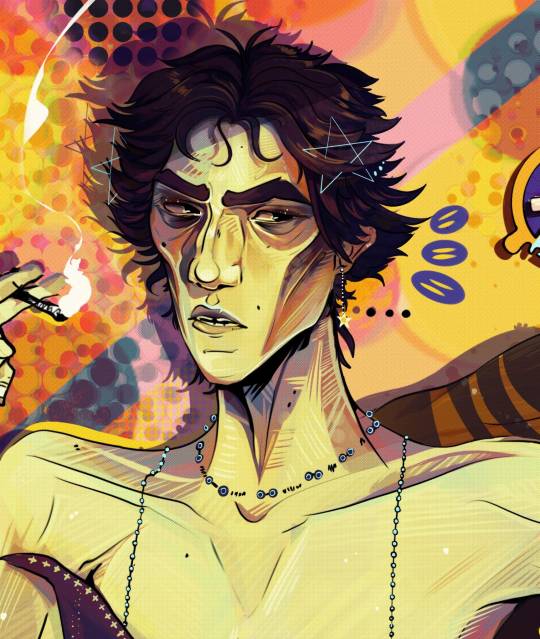
i kind of hate this but im telling myself to live and let live (or something idk how the saying goes)
#unironically i love drawing men in pretty dresses and with nice makeup#i wish drag or gender nonconformity was more acceptable because there's such beauty to be found there#anyway. jayce and viktor pretty dresses#HAPPY NEW YEAR GUYS#LOVE YOU ALL#digital artist#art#artists on tumblr#my art#arcane#viktor arcane#jayce talis#jayvik#this takes place about s1 between yhe timeskip methinks
232 notes
·
View notes
Photo
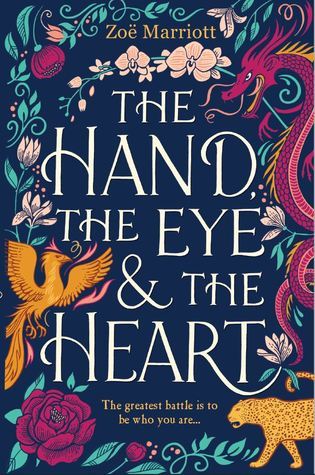

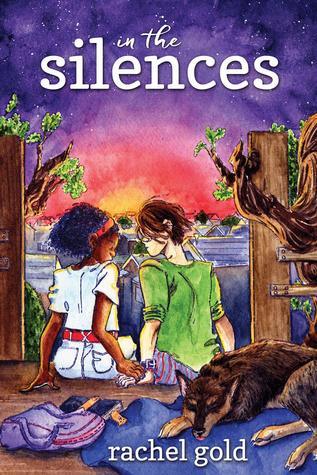
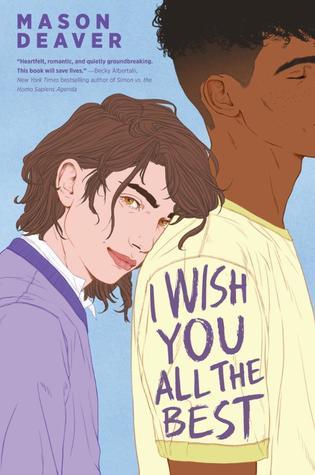
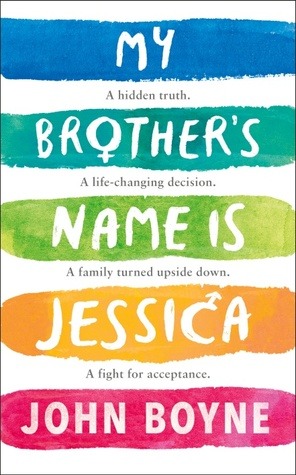
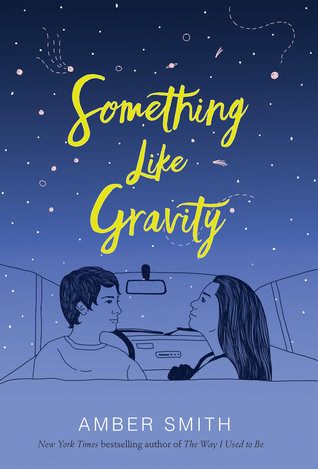
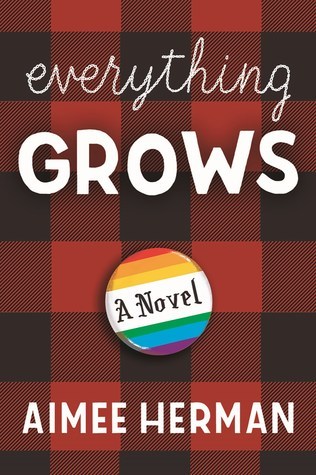
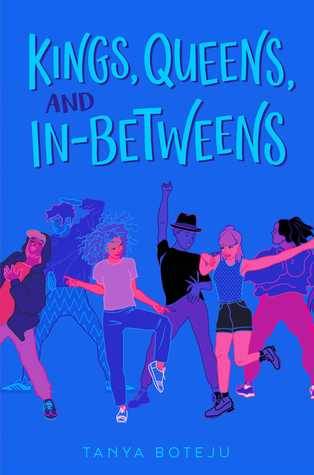
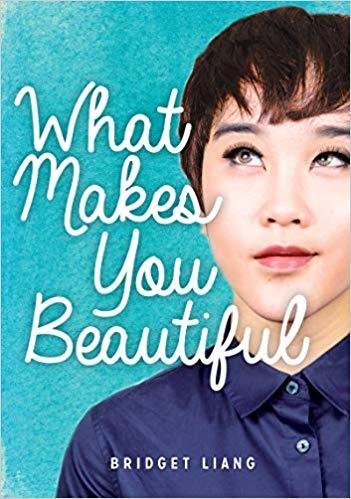
2019 Upcoming YA Fiction With Transgender, Nonbinary and Gender Non-Conforming Characters!
My last list focused on LGBTQA Fiction with female-led characters. There aren’t many of those this year that also happen to have transgender characters, so I’ve decided to put all the novels covering this topic in one list. It’s unfortunate there aren’t as many stories about transgender characters, let alone #ownvoices stories, but we can all hope that in the next year we’ll see even more! There are a few coming out stories, and a couple of romances in this batch of 2019′s LGBT fiction.
Below you’ll find titles, summaries, and goodreads links. Warning for mentions of transphobia and transphobic violence.
The Hand, The Eye & The Heart by Zoe Marriott Zhilan was assigned female at birth; despite an unusual gift for illusions, they know they will live out their life in the perfumed confines of the women’s quarters. But when civil war sets the country aflame, Zhilan is the only one who can save their disabled Father from death on the battlefield. By taking his place. Surviving brutal army training as a male recruit – Zhi – is only the first challenge. Soon Zhi’s unique talents draw them into an even more perilous fight, in the glittering court of the Land of Dragons, where love and betrayal are two sides of the same smile. The fate of an Empire rests on Zhi’s shoulders. But to win, they must first decide where their loyalty, and their heart, truly belongs.
Zenobia July by Lisa Bunker Zenobia July is starting a new life. She used to live in Arizona with her father; now she's in Maine with her aunts. She used to spend most of her time behind a computer screen, improving her impressive coding and hacking skills; now she's coming out of her shell and discovering a community of friends at Monarch Middle School. People used to tell her she was a boy; now she's able to live openly as the girl she always knew she was. When someone anonymously posts hateful memes on her school's website, Zenobia knows she's the one with the abilities to solve the mystery, all while wrestling with the challenges of a new school, a new family, and coming to grips with presenting her true gender for the first time. Timely and touching, Zenobia July is, at its heart, a story about finding home.
In The Silences by Rachel Gold When did life get so dangerous? Kaz Adams just wants to read comic books with her best friend, Aisha Warren. And maybe get up the nerve to ask her out, if Kaz turns out to be a gender that Aisha’s into. Kaz figured she’d be the target of violence for her gender nonconformity, but a fatal police shooting thirty miles from their town opens her eyes to the realities of racism. She watches as pressures at school and in their social group mount against Aisha. Kaz would try to stop a bullet for Aisha if she had to, but she has no idea how to stop the waves of soul-crushing disapproval and judgment. When she talks to the other white students and adults in her area, they don’t seem to understand what she’s talking about. Aisha has helped Kaz find a place in the world, but that was about Kaz’s gender expression. Kaz can’t magically change the world for Aisha, but something has to change in their school system or she’ll lose the girl she loves.
I Wish You All The Best by Mason Deaver When Ben De Backer comes out to their parents as nonbinary, they're thrown out of their house and forced to move in with their estranged older sister, Hannah, and her husband, Thomas, whom Ben has never even met. Struggling with an anxiety disorder compounded by their parents' rejection, they come out only to Hannah, Thomas, and their therapist and try to keep a low profile in a new school. But Ben's attempts to survive the last half of senior year unnoticed are thwarted when Nathan Allan, a funny and charismatic student, decides to take Ben under his wing. As Ben and Nathan's friendship grows, their feelings for each other begin to change, and what started as a disastrous turn of events looks like it might just be a chance to start a happier new life.
My Brother’s Name is Jessica by John Boyne Sam Waver's life has always been pretty quiet. A bit of a loner, he struggles to make friends, and his busy parents often make him feel invisible. Luckily for Sam, his older brother, Jason, has always been there for him. Sam idolises Jason, who seems to have life sorted - he's kind, popular, amazing at football, and girls are falling over themselves to date him. But then one evening Jason calls his family together to tell them that he's been struggling with a secret for a long time. A secret which quickly threatens to tear them all apart. His parents don't want to know and Sam simply doesn't understand. Because what do you do when your brother says he's not your brother at all? That he thinks he's actually... your sister?
Something Like Gravity by Amber Smith Chris and Maia aren’t off to a great start. A near-fatal car accident first brings them together, and their next encounters don’t fare much better. Chris��s good intentions backfire. Maia’s temper gets the best of her. But they’re neighbors, at least for the summer, and despite their best efforts, they just can’t seem to stay away from each other. The path forward isn’t easy. Chris has come out as transgender, but he’s still processing a frightening assault he survived the year before. Maia is grieving the loss of her older sister and trying to find her place in the world without her. Falling in love was the last thing on either of their minds. But would it be so bad if it happened anyway?
Everything Grows by Aimee Herman Fifteen-year-old Eleanor Fromme just chopped off all of her hair. How else should she cope after hearing that her bully, James, has committed suicide? When Eleanor’s English teacher suggests students write a letter to a person who would never read it to get their feelings out, Eleanor chooses James. With each letter she writes, Eleanor discovers more about herself, even while trying to make sense of his death. And, with the help of a unique cast of characters, Eleanor not only learns what it means to be inside a body that does not quite match what she feels on the inside, but also comes to terms with her own mother’s mental illness. Set against a 1993-era backdrop of grunge rock and riot grrl bands, EVERYTHING GROWS depicts Eleanor’s extraordinary journey to solve the mystery within her and feel complete. Along the way, she loses and gains friends, rebuilds relationships with her family, and develops a system of support to help figure out the language of her queer identity.
Kings, Queens, And In-Betweens by Tanya Boteju Perpetually awkward Nima Kumara-Clark is bored with her insular community of Bridgeton, in love with her straight girlfriend, and trying to move past her mother’s unexpected departure. After a bewildering encounter at a local festival, Nima finds herself suddenly immersed in the drag scene on the other side of town. Macho drag kings, magical queens, new love interests, and surprising allies propel Nima both painfully and hilariously closer to a self she never knew she could be—one that can confidently express and accept love. But she’ll have to learn to accept lost love to get there.
What Makes You Beautiful by Bridget Liang Logan Osborne knows he likes boys, but has not come out to his family or at school, and no one knows that he likes to sometimes wear girls' clothes and makeup. When he starts at a school for the arts he finds a wider range of gender and orientation being accepted. Logan is attracted to Kyle, who has gay dads. But Kyle is straight. Logan finds he doesn't like the way gay boys treat him, and a disturbing hookup with a boy who is fetishistic about Logan's half-Asian background makes Logan even more confused about what he wants and who he is. Encouraged and supported by his friends at school, Logan experiments with nail polish and more feminine clothes in public. Logan begins questioning his gender and decides to use they pronouns while trying to figure things out. Logan meets a classmate's chosen mother, who is a transgender Chinese woman, and begins to come to terms with their gender identity. Realizing they are not a gay boy, but a transgender girl, Logan asks for people to call them Veronica. As a girl, does Veronica stand a chance with Kyle?
2K notes
·
View notes
Text
You are not alone in having mixed feelings about this trope. I too sometimes felt seen by it for different reasons, and I think many girls who fall into various spectrums of neurodivergence, ethnicity, gender-expression and more could. Other times I would feel too weird or different like @monny287 to see myself in the «girls who weren’t like other girls». They perfectly explain the limitations of the trope, but I also think there’s something somewhat interesting about the recent hostility against not just the trope, but the mindset.
Don’t get me wrong, a lot of the girls who consider themselves to be «different» from other girls are carrying heavy amounts of internalized misogny. But I don’t think we talk enough about the many girls who do feel «different» without feeling superior. For them (as it was for me) it is not about being better than «most girls» or treating other girls as less complex than themselves. It’s about owning their difference and wishing for others for others to truly accept who they are as a whole. Yet nowadays it seems these girls (and genderfluid and non binary people who are perceived as feminine) get stuck between those who simplify and fetishize their «weirdness» and those who shame them for being proud of it. I know that in the latter case the intention is to get girls (and other feminine people) to stop perpetuaring misognistic mindsets, but the execution often ends up shaming girls who really do stick out in their environment for simply acknowledging this fact. It kind of turns into «janteloven», with it’s whole «don’t think you’re different from us or better than us or that you are something at all»-mentality.
If you ask me, the two best and healthiest examples of «not like other girls» probably come from the Ouran High School Host Club anime and the Princess Jellyfish anime. Haruhi, the protagonist, is a working class gender-nonconforming girl (who doesn’t mind what pronouns people use for her) and starkly stands out in her private school environment. She’s not loveable because she’s «better» than the other girls, but because she’s secure in her identity and self expression and demands honesty and genuine expression from others, especially the host club. In the Princess Jellyfish anime, the protagonist is drawn as genuinely non-conventionally attractive and has a massive fixation on jellyfish. She lives in a collective of «unloveable» women who each have their passion/obsessing and break with expectations of acceptable femininity. She meets a nice and tough feminine-looking person who turns out to be a drag queen, and he/she starts a project of getting her and her collective out of their shells. It does contain the classic makeover scenes (that are kind of parodied), but what really sells the show is that the drag queen falls for her and befriends the collective for who they really are. The first (and sadly only season) ended with the drag queen (who’s a rich socialite with fashionista friends) getting the girl to transform her jellyfish drawings into dress designs, and the two wearing and presenting them on a catwalk. It’s a great show because it both acknowledges the insecurities and flaws of the protagonist and sees the beauty in her passion and finds her a way to express it that not only benefits her but brings more joy into the rest of the world.
And I think that’s the way to do the trope right: have the girl who’s different genuinely be different, avoid putting down other female characters simply for embodying the «right» kind of femininity, and pull through with a message of genuinely accepting yourself and finding people who accept and love you as you are too.
*Deep breath* OK. I have to get something off my chest that might be an unpopular opinion. I have mixed feelings about the "not like other girls" trope. On the one hand, I agree that the idea that certain girls are more "special" than others is toxic and harmful. Everyone is worthy of love and respect.
On the other hand, though, in my own experience as a neurodivergent kid, I WAS "different from other girls." I don't mean that I was "better" or more "special." Not at ALL. But I felt very, very different. I was TOLD I was different, and they didn't mean it as a compliment. It was hard for me to make friends, and most girls (and boys) thought I was "weird" and either didn't want to hang out with me or even outright bullied me.
So, I confess, the "not like other girls" trope in fiction was actually very appealing to me. I had always been made to feel inferior for being "different," so... the idea of someone finding that ATTRACTIVE? That someone would look at me and, instead of seeing the ways I didn't fit in as "weird" and "off-putting," see those differences as "special" or "unique" and even VALUABLE? I LONGED for someone, ANYONE to see me that way. I wanted to be loved for who I was, not in spite of it.
So, while I do see the dangers in such a trope if it's taken too far, and I do think that all girls should be loved and celebrated, I'm very uncomfortable with the idea that no one's allowed to imply that a girl might be "different" in a positive way. You can't say "no one's really different or special." I think every kid who's ever been bullied knows that it doesn't work that way in reality. And I'm really uncomfortable with the idea that a character having non-mainstream interests means that they "think they're better than everybody else." Sure, let's add a veneer of moralistic self-righteousness to the harassment people already face for being "different."
Anyway, that's how I'm feeling. Do I have any solutions to this problem? No. But I had to say something.
#btw I have zero intention of hijacking this post I am so sorry if I did#I really like talking about this trope because I don’t feel like the popular discussions are complex enough#but the original post and it’s initial reblog were both so good!!#discourse#not like other girls#feminist discourse
58 notes
·
View notes
Text
Why growing my hair was one of the best ideas I ever had
I grew up like a lot of kids did. I was taught that boys had short hair and girls had theirs long. I would get short haircuts except for in a few cases: when I thought a tail was cool, and when I let my hair grow out a bit one spring.
It was the spring of fourth grade and I had let my hair grow out to about four or five inches. At this time, my scalp was a bit oily, so it tended to moisten my hair and make it fall a bit more. Well, it was one day at a sportsball game that the coach of my sibling said I must have been their sister, and being AMAB (assigned male at birth) naturally I just got upset, because at the time I was trying to be masculine. This was before I realized how much of my concept of masculinity was toxic, due to toxic masculinity as an influence.
Once in a while, I would let my hair grow past my ears a bit, but without fail, I would get dragged to the hair cut place to receive the standard haircut. As I got older, it got curlier and curlier, but this was only discouraging, as it led to worse problems with keeping my hair short. It would look okay for a minute, but would start to stick out in all directions, looking ridiculous.
I would ask for more length on top, and just to trim the back and sides, maybe take care of split ends, or texturize a bit. Without fail, they would trim it down to barely a few inches, and then texturize, and usually, it would just be the same all over. I would be miserable, and just wish that I could shave my head without a lot of flack for that. I suppose my life would be different if I were able to have the confidence to not care what others thought. Well, when you’re fat, you are taught to be constantly insecure.
By the time I was in college, I was willing to let it grow out to save a buck, but one day some mouthy jerk called me Beethoven, and like any insecure person, I was embarrassed to no end. It didn’t help that I have been fat since third grade. So, I kept it short for years and years. But recently, I started growing it out to its current six inches up top.
It got longer when I was working outside a lot, a few years ago, but to be honest, that was one of the happiest I ever was with my hair. It would flow and fall all over. I started dying it back to the red it was when I was born, and I was happier with it, because it suited me so much more than the dark, dark brown that my father’s genes gave me.
Growing my hair out gave me a lot to play with and make my hair the way I wanted. I could wear a hat, like a beret sloped back, and feel cute, without worrying about how it looked to anyone else. It was just my hair for me and nobody else.
When you’re assigned male at birth, you spend so much of your life worrying about how you look to others, in order to maintain the appearance of being masculine.
The thing is, we have this sadistic binary thinking about masculinity. If a guy has longer hair, or paints his nails, or carries a purse, or anything else, then it is considered to be a violation. If you have ever heard someone threaten to take away a guy’s man card, that’s what we’re talking about. We wonder where men get this fragile ego and sense of masculinity, but we reinforce it daily in everything.
Growing my hair out didn’t make me a fat guy with long hair, it made me someone who could determine who I was without a lot of big concern over what others thought of me. That is because people will always form opinions, no matter what you do, and if you are fat, you will have to endure the devil horns effect. This is an effect opposite to one called the halo effect: essentially, people will jump to the conclusion that you are good or bad in direct relation to how attractive they find you. For example: did you know that Louie Anderson and Brad Pitt have both been accused of child molestation? Now before you respond, think about how you reacted to that sentence. Neither of these men have been accused of such things to my knowledge, but you might have been more ready to believe that Louie Anderson was guilty, off the cuff, while Brad Pitt was innocent. That is because you have been taught for your entire life that beautiful people are virtuous while ugly people are evil, when it is often the opposite. And make no mistake, there are a lot of conventionally attractive people who are good, but there are a lot more who will use their looks to get away with things.
The point of that exercise was not to shock you or trick you, but to help you gauge your own reactions to information. It can be disgusting for the idea of a fat person being a sexual being, and so we are more likely to assume that their morality is low, and hence that they would be perverse or degrading. If a thinner person does these things, we will assume that the person is innocent. This is why so many movie stars who charm us for years can get away with sexual harassment.
Growing my hair out is an inverse reaction to the feminist revolution, where women can cut their hair short if they choose to do so. We should let men grow theirs long. And just as we should love and accept fat women, we should accept fat men, and people who are gender nonconforming. Think about all of the standards that you accept from society that really are nothing but trying to obey the norms, and if you changed how you did them, it would neither hurt yourself or anyone else. Making such changes is how we take back power over our lives from all the people who seek to control us unfairly.
0 notes